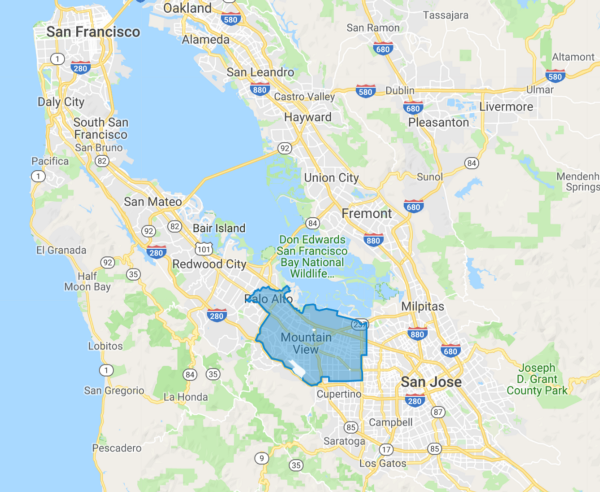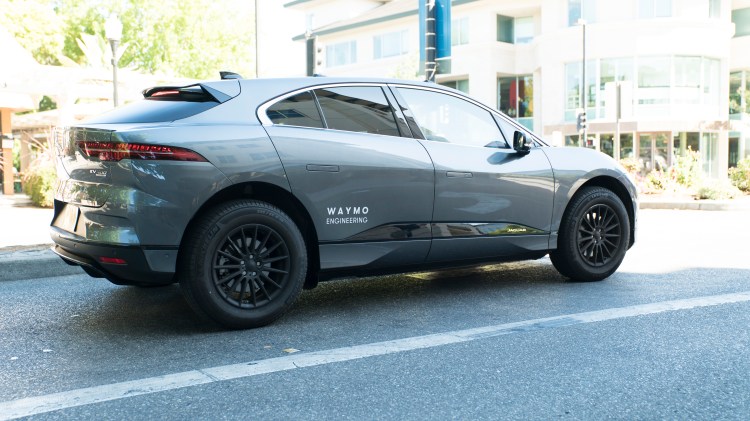testsetset
Waymo has obtained a driverless testing permit from the California Department of Motor Vehicles (DMV), it announced in a Medium post on Tuesday. It’s the first company to do so, and it gives the Google spinoff the green light to test its self-driving Chrysler Pacifica minivans on the Golden State’s public roads.
Waymo said a fleet of 40 fully autonomous cars will drive day and night on city streets, rural roads, and highways — initially around Mountain View, Sunnyvale, Los Altos, Los Altos Hills, and Palo Alto. Unlike in previous tests, they won’t have a safety driver — only steering wheels, brake pedals, and other manual controls specified by the National Highway Traffic Safety Administration. A remote operator will monitor the cars’ progress and, in the event that something goes wrong, take over.
“Our vehicles can safely handle fog and light rain, and testing in those conditions is included in our permit,” Waymo said in a blog post. “We will gradually begin driverless testing on city streets in a limited territory and, over time, expand the area that we drive in as we gain confidence and experience.”
Waymo will notify new communities and submit requests to the California DMV as it expands beyond the initial sites, as required by law. The first few riders will be members of the Waymo team, and the company said that eventually, it’ll create “opportunities” for members of the public to test them.
June 5th: The AI Audit in NYC
Join us next week in NYC to engage with top executive leaders, delving into strategies for auditing AI models to ensure fairness, optimal performance, and ethical compliance across diverse organizations. Secure your attendance for this exclusive invite-only event.

Above: The shaded regions of the map are where Waymo will test its self-driving cars.
The DMV finalized regulations for fully driverless cars in February, and a few months later, in April, Waymo applied for a permit.
In order to secure it, Waymo had to provide insurance or a bond of $5 million and show that its cars (1) complied with federal regulations, (2) could navigate roads, and (3) were tested in areas of operations. It also had to submit a safety plan outlining how it would interact with law enforcement, which it did earlier this month. (First responders will be able to contact Waymo via a 24/7 phone support line.)
Other than Waymo, more than 60 companies are testing nearly 300 driverless cars licensed with the DMV.
“California has been working toward this milestone for several years, and we will continue to keep the public’s safety in mind as this technology evolves,” said DMV Director Jean Shiomoto in a statement.
California isn’t the only state that allows driver-free autonomous vehicle testing, it’s worth noting. Another is Arizona, where Waymo has been piloting its Early Rider Program in April 2017.
Waymo announced earlier this month that its cars had driven 10 million miles in the U.S. across 25 cities including Atlanta and San Francisco, and 7 billion simulated miles. It’s gearing up to launch a commercial taxi service in the greater Phoenix metropolitan area, and in March said it would partner with Jaguar Land Rover to build up to 20,000 self-driving electric SUVs that should hit the road by the end of 2018.
Waymo’s current self-driving fleet consists of 600 Chrysler Pacifica minivans, built in a facility in Michigan co-staffed by Fiat Chrysler Automobiles and Waymo. In May, it inked a deal with Fiat Chrysler that will see an additional 62,000 minivans deployed as robot taxis.


